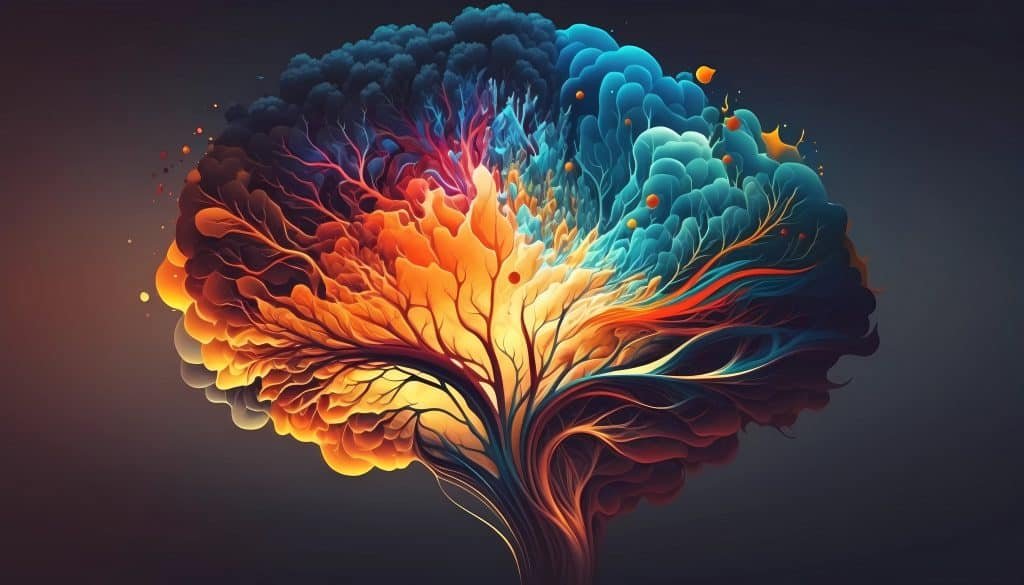Psychedelic
Assisted
Therapy.
What is Psychedelic-assisted therapy?
Imagine you have a very messy room that you have been avoiding cleaning for a long time. It is cluttered with all sorts of things that you have not dealt with properly. Psychedelic-assisted therapy is like inviting a really good friend to help you clean up that room, but instead of just tidying up the surface, they help you dive deep into every corner, sorting through all the stuff you have been avoiding.
In psychedelic-assisted therapy, instead of using traditional talk therapy alone, a person takes a psychedelic substance (under the guidance of a trained clinician) that alters their perception and thinking for a few hours. During this time, they might experience vivid thoughts, emotions, and sensations. This altered state of mind can help them access deeper parts of their psyche, memories, and emotions that are normally hidden or difficult to reach.
With the clinician's guidance, the person can explore these inner experiences, confront past traumas, gain new insights into their behaviour and thought patterns, and find ways to heal and grow. It is like shining a bright light into the dark corners of your mind and working through things that have been holding you back or causing you distress.
After a psychedelic experience, therapy continues with integration sessions, where the person works with their clinician to make sense of what they experienced, apply insights to their daily life, and make positive changes.
Support for Psychedelic Therapy
As a clinician, it is important to clarify that while I can offer support and guidance throughout a psychedelic therapy process, I am not legally able to provide psychedelic substances for therapeutic use. My role primarily revolves around supporting clients in preparation and integration surrounding psychedelic experiences. Both are key components in the success of this treatment approach.
Preparation:
I can assist clients in preparing for their psychedelic experiences by helping them understand what to expect, discussing intentions and goals for the session, addressing any concerns or anxieties they may have, and developing coping strategies for managing challenging emotions or experiences that may arise during the session. This preparation phase is crucial for ensuring that clients feel safe, informed, mentally prepared for their psychedelic journey and to maximize the potential of therapeutic gains.
Integration:
Following the psychedelic experience, I can provide support and guidance during the integration phase, which involves helping clients make sense of their experiences, integrate insights gained from the session into their daily lives, and navigate any challenges or adjustments that may arise as a result of their psychedelic experience. Integration work often involves processing emotions, identifying behavioral patterns, and implementing positive changes based on newfound insights and perspectives.
It is important to emphasize that while I can offer therapeutic support before and after the psychedelic experience, clients must obtain the substances themselves through legal means, such as participating in clinical trials, where applicable, or accessing underground therapy networks in jurisdictions where psychedelic therapy is not legally available. Additionally, clients should ensure that they are using psychedelics in safe and responsible ways, following harm reduction principles and guidelines for minimizing risks associated with psychedelic use.
Overall, my role as a clinician in psychedelic-assisted therapy revolves around providing comprehensive support and guidance to clients throughout their journey, from preparation to integration, while adhering to legal and ethical guidelines regarding the provision of psychedelic substances.

